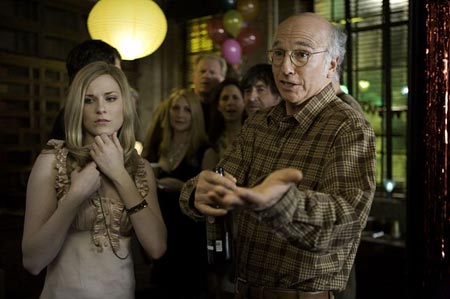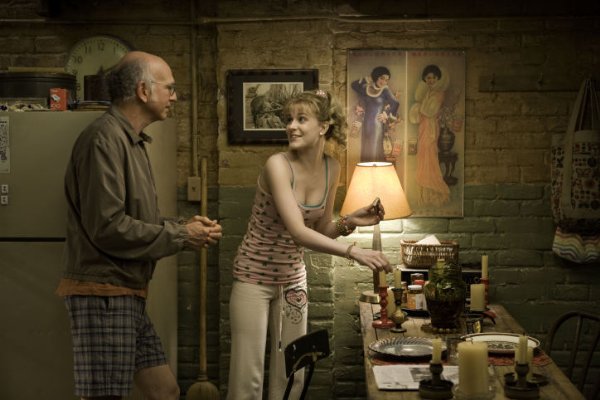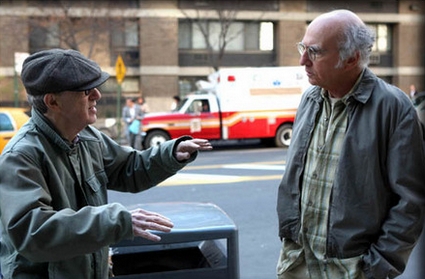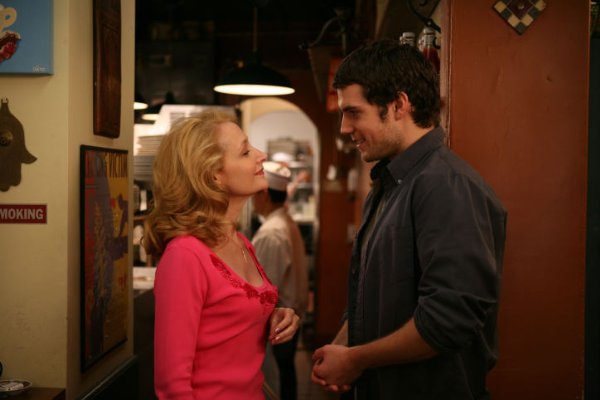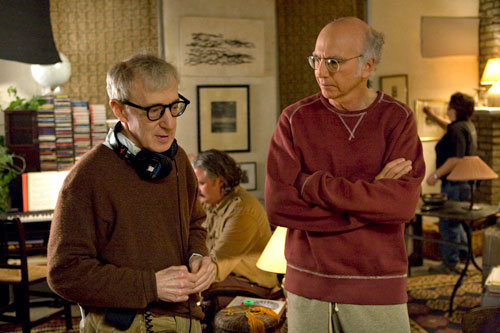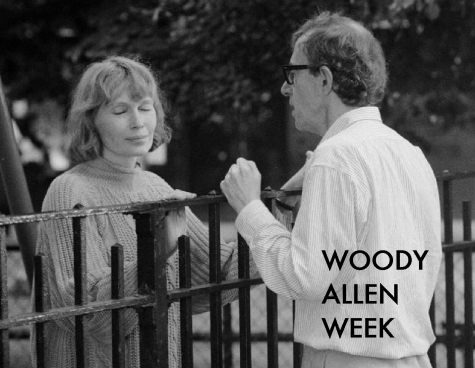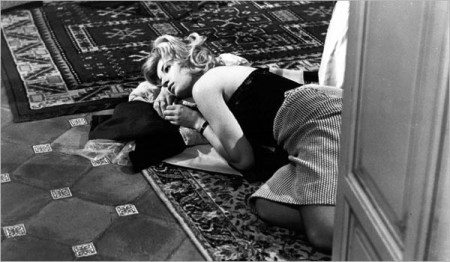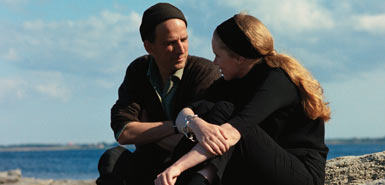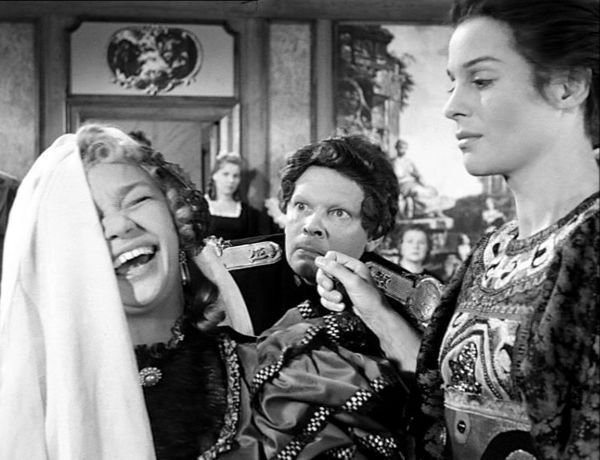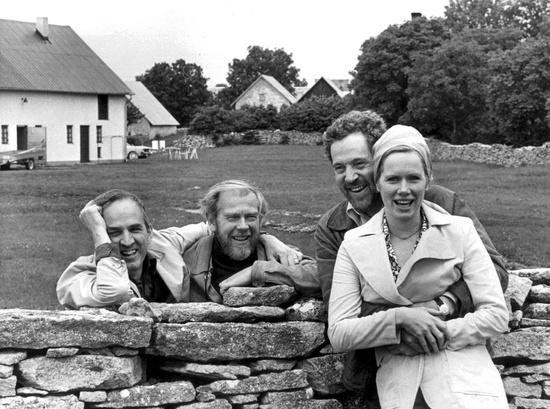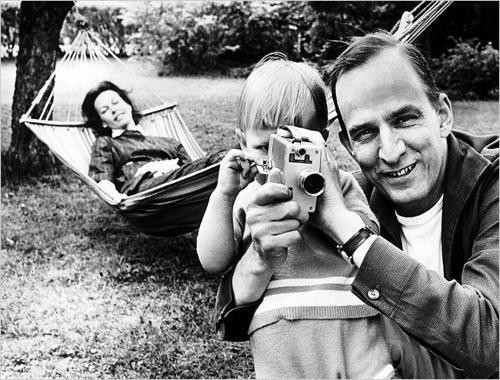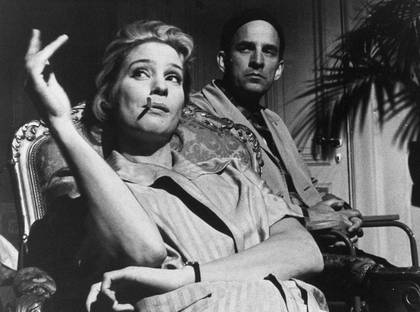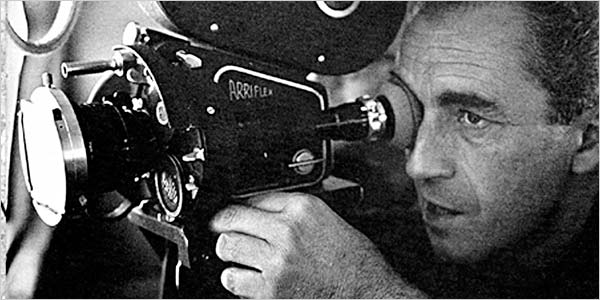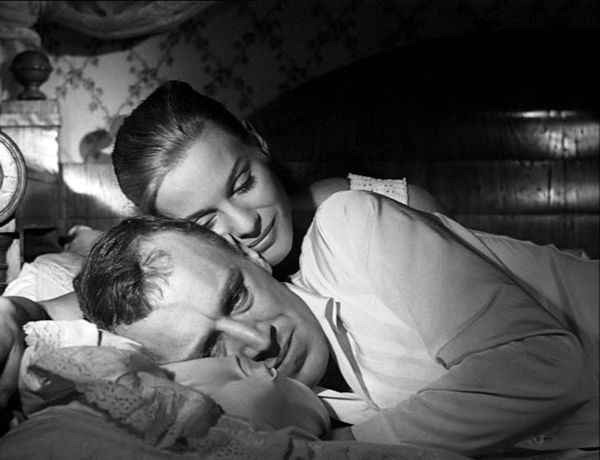 FILM
FILM In Which Cassandra's Dream Is The Name Of The Boat
 Friday, July 17, 2009 at 10:13AM
Friday, July 17, 2009 at 10:13AM 
The Real Thrill? Almost Losing
by MOLLY LAMBERT
It was Woody Allen who supposedly said "99% of life is showing up." Only nobody can ever remember what the percent is, I think it's actually 80%. And people almost always fuck up when quoting jokes that are not their own. Anyway I failed 80 to 99 percent of Woody Allen week by not showing up. I was waiting to see Whatever Works, but then Will reviewed it so I decided to watch Cassandra's Dream. Whatever works!

Comedy often comes out of a place of discomfort and frustration. Punchlines develop out from awkward truths. Rodney Dangerfield's catch phrase "I can't get no respect" is funny because sure, in a world that worships alpha males, Clint Eastwoods and Don Drapers, how is your average Rodney Dangerfield type schmuck supposed to catch a break? By being funny, of course. By mocking themselves before you get the chance, thereby setting themselves up as harmless, amicable, and clued-in.

Colin Farrell: "I think I did as many takes for this whole film as I did for one scene in Miami Vice" OOH MICHAEL MANN, YA BURNT!
The problem is that most of these dudes are still not that comfortable being themselves. Having won admiration through the alternate route of humor, they still long to be tall, handsome, and taken seriously. Perhaps Woody wishes he'd been blessed with the natural directing talent of somebody like Hitchcock, or that he'd been born with the good looks of Ewan McGregor or Colin Farrell.

"Oi Colin, look here" "Wot?" "I love you" "Wot?" "Nuffin."
Woody writes lower class UK characters like he's doing British Kitchen Sink film fan fiction. Which to be fair is exactly how I would write lower class UK characters. I believe the brothers are supposed to be Cockney, but Colin Farrell's clearly Irish accent slips out a lot. As a crime thriller, it's suspenseful enough, if not necessarily all that believable. As many of our reviewers noted, Woody's movies have never exactly taken place on a plane of realism. Why start now?

Some Things Woody Allen Loves
drives out to the country for a picnic
illicit sex during a party
chance encounters
climactic rainstorms
Scarlett Joho's bobolobos
adultery
mocking the craft of acting
small talk
murder
freshman psych
beautiful women
philosophy 101 bull sessions

In England Woody can more readily address the class issues that bubble up underneath America, which is otherwise mythologized as a meritocracy. Uncle Howard is the classic "wealthy relation" of fiction. The British discussion of class relations has always been public. In the fifties the discussion of "U and non-U" speech patterns, led by Nancy Mitford and Evelyn Waugh, newly compounded traditional British class consciousness.

Woody is obsessed with rich people, but his obsession is still one of petty jealousy mixed with hostile admiration. (You may have noticed this implicit worship of the wealthy in its trickledown to nineties indie scene auteurs like Noah Baumbach, Whit Stillman, and Wes Anderson).

Ian: Would you sleep with a director to get a part?
Angela: Well, that depends on the part, and who the director is, and how much I'd had to drink.
Ian: It's not a very comforting answer.
Angela: I didn't like the question.

Mostly Cassandra's Dream movie looks beautiful. Woody's recent European movies glow like the best soft-core porn ever made. There is a general haze of eroticism in this film too, as pervaded Match Point and Vicky Christina Barcelona. It's as if Woody, freed from the self-imposed constraint of making art about himself, becomes an entirely different filmmaker while speculating about the lives of beautiful people.
And it was really much better than I expected, perhaps because I expected so little. Colin Farrell really won me over with his role. I finally get his lunkhead shtick. Ewan McGregor was good too (is he ever not good?) and Tom Wilkinson gives a great menacing performance. Philip Glass's score is fantastic and there's nary a victrola needle to be heard. Who says you can't teach an old dog new tricks?

Molly Lambert is the managing editor of This Recording. She twitters here, and she tumbls here.

Woody Allen Week
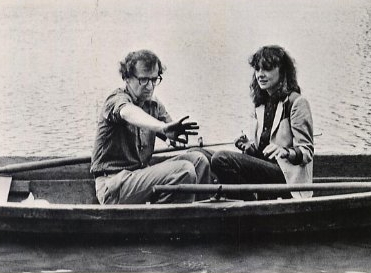
Joan Didion and Woody Allen bickered like little keeds...

Karina Wolf welcomed us to the man we call Woody. That's him on the left.

Eleanor Morrow took on Melinda and Melinda:

Before Tyler I feel like we didn't really understand Annie Hall...
Sarah LaBrie handled the intricacies of Match Point...

The multi-talented Yvonne Puig on Crimes and Misdemeanors...
Molly went over a bunch of sequel talk...

Julie Klausner on Hannah and Her Sisters...

Chad Perman on Husbands and Wives...
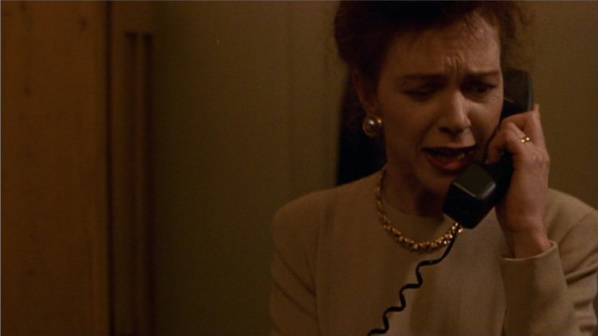
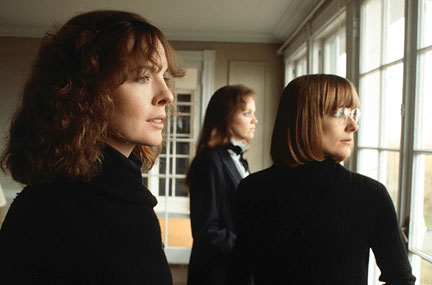
Alex Carnevale on Mighty Aphrodite...

Woody Allen on his Jewish heritage...
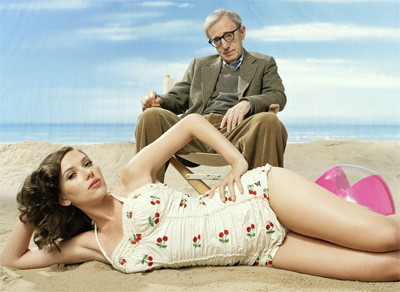
Ben Arfmann on Radio Days...
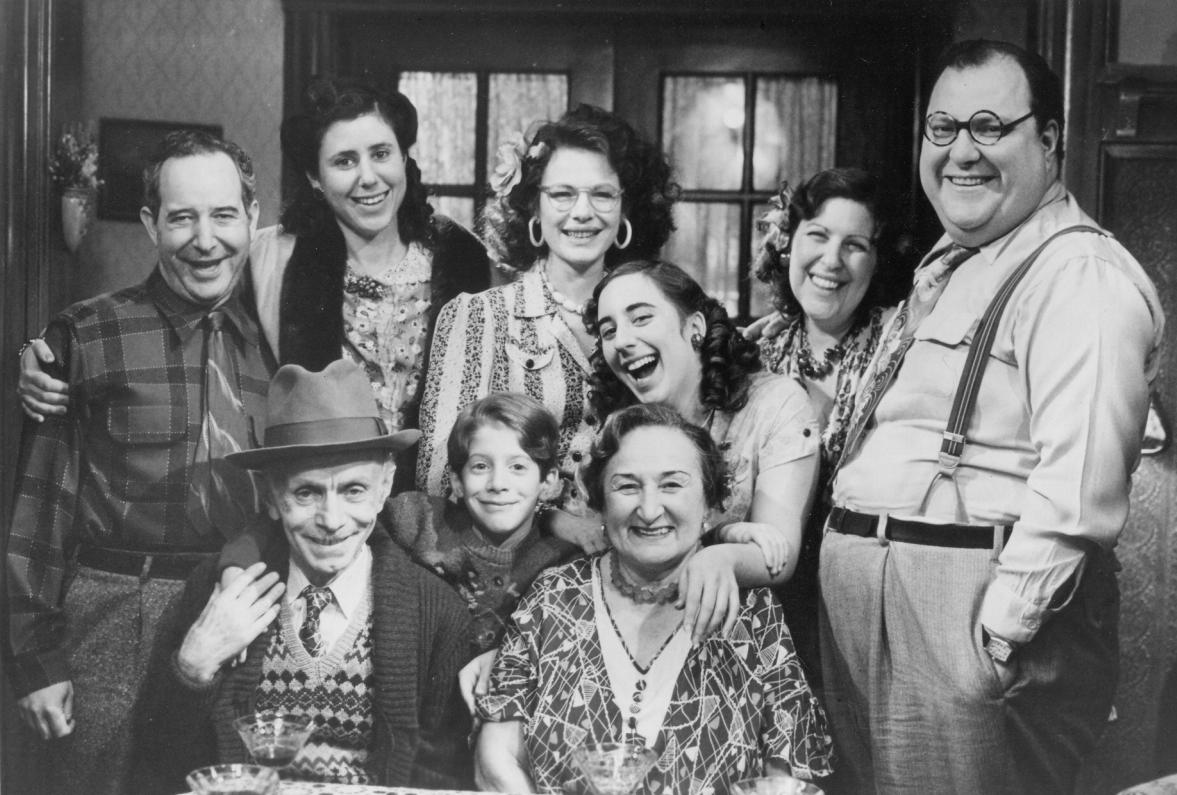
Richard Corliss interviewed Woody in Time...

Marco Sparks on Manhattan Murder Mystery...
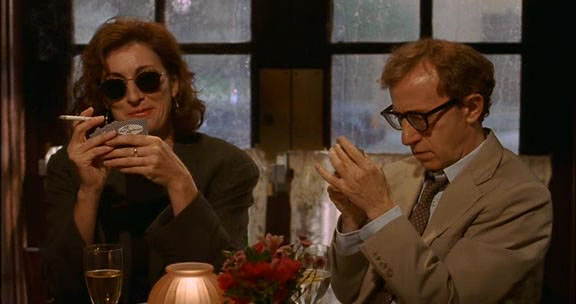
Jacob Sugarman on Broadway Danny Rose...

Georgia Hardstark on Hannah and Her Sisters...
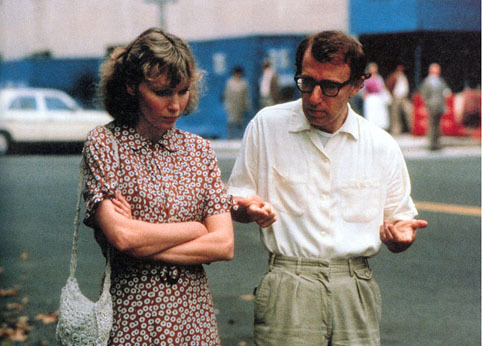
You can visit the This Recording tumblr here, and the This Recording twitter here.

"Birds (live in Vienna)" - Sophia (mp3)
"Where Are You Now? (live in Vienna)" - Sophia (mp3)
"So Slow (live in Vienna)" - Sophia (mp3) highly recommended



 molly lambert,
molly lambert,  woody allen
woody allen 





























